Apple's Bold Future with Siri: A Self-Revolution Too Crucial to Lose
![]() 08/22 2025
08/22 2025
![]() 604
604
In 2011, Siri debuted alongside the iPhone 4S, astonishing everyone with its futuristic conversational capabilities.
However, a decade later, Xiaohongshu is filled with posts complaining about #SiriBeingTooStupid#.
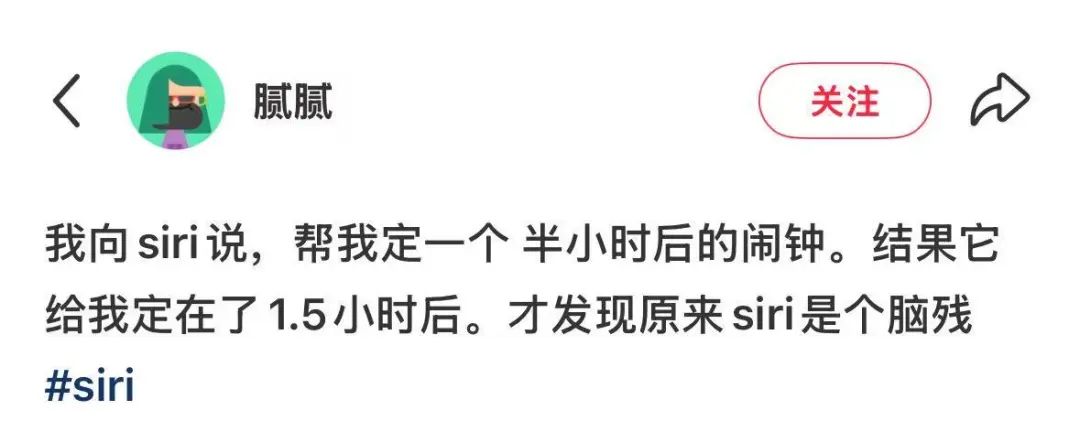

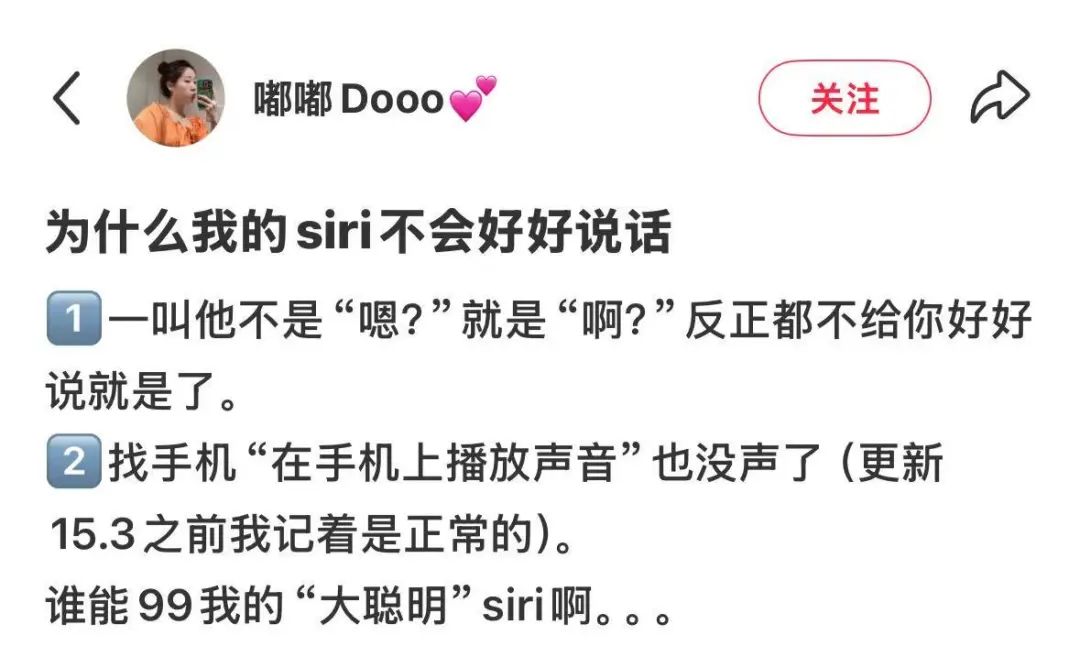
People long for the original Siri that joked, told stories, and always responded, and are dissatisfied with the current version that often provides irrelevant answers and merely searches the web.
From this commentator's perspective, it's not that Siri's functionality has deteriorated but rather that we now have intelligent voice assistants like Xiao'ai and Xiaodu offering a superior sensory experience.
Faced with this challenge, Apple must reshape Siri to avoid falling behind. However, those in the know understand that Apple's plan to reinvigorate Siri is akin to a drawn-out 80-episode TV series.
01
Apple's History of Unfulfilled Promises: A Lofty AI Dream
Last year, at the 2024 Apple Worldwide Developers Conference, Craig Federighi, Apple's Senior Vice President of Software Engineering, proudly announced that the "revolutionary Siri" integrated with Apple's self-developed AI large model would arrive with iOS 18.4.
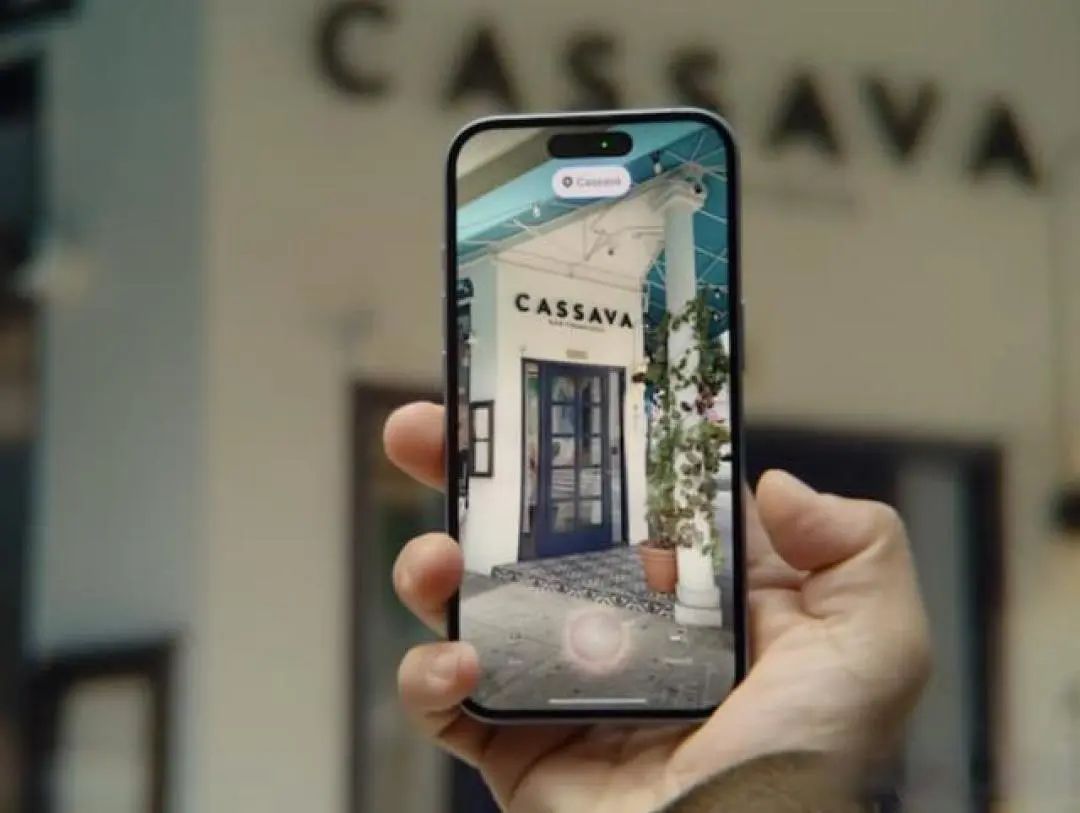
Yet, before the applause from developers faded, the project hit a technical roadblock.
"During internal testing, it failed one-third of the time," said Robbie Walker, the senior director of the Apple Siri team in March this year. The current goal is to launch the new Siri with iOS 19, but even that is merely a "goal".
As expected, at the June 2025 Apple Worldwide Developers Conference, Siri's name was conspicuously absent during the two-hour keynote speech. Federighi spoke extensively about AI optimization at the system level, leaving only a vague promise of "to be discussed next year" regarding the much-anticipated Siri upgrade.
However, this month, according to AppleInsider, Apple is secretly advancing two major AI projects codenamed "Linwood" and "Glenwood" to conduct an "end-to-end overhaul" of Siri, potentially the most disruptive upgrade since its 2011 debut.
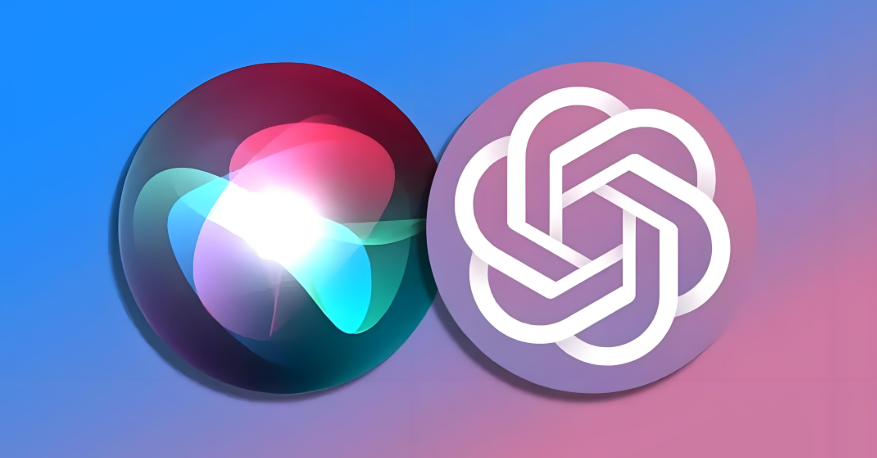
In other words, Apple aims to perform a "major surgery" on Siri, adopting a dual strategy of "self-developed large language models" and "leveraging third-party AI engines" to create a new Siri that is smarter, more proactive, and can integrate into more hardware devices.
Federighi admitted that the old Siri architecture is outdated, and the upgraded Siri will shift from passive response to proactive services.
02
Self-Revolution: From a Simple Tool to a Digital Butler
So, what exactly is proactive service? The core of this revolution lies in the "App Intents" framework, transforming Siri from a mere microphone into a true digital butler.

Imagine this: In the kitchen early in the morning, you say, "Brighten the photo of the cake I took last night, remove the background clutter, and send it to the baking group @Lily, then schedule SF Express to send it to Mom." The old Siri would crash upon hearing such a command. Under the new architecture, this sentence will automatically activate photo editing, WeChat functions, and express order placement apps.
The secret lies in the developer toolkit. Simply put, through these two major AI projects, Apple aims to enable Siri to directly invoke the internal functions of apps when developers integrate their services, such as Uber's "modify destination" or Taobao's "add to cart" interfaces. This is akin to equipping iOS with a universal translator, allowing AI to truly understand the internal structure and capabilities of each app for the first time.
Even more groundbreaking, Siri is now starting to "see," understanding the true meaning of information displayed on your phone's screen. For example, when a friend sends a new address via text message, and you look at the screen and say, "Save the address to the contact card," Siri can instantly lock onto the references to "contact" and "address," leveraging the memory capabilities of the large language model to help you complete the task without any physical interaction.
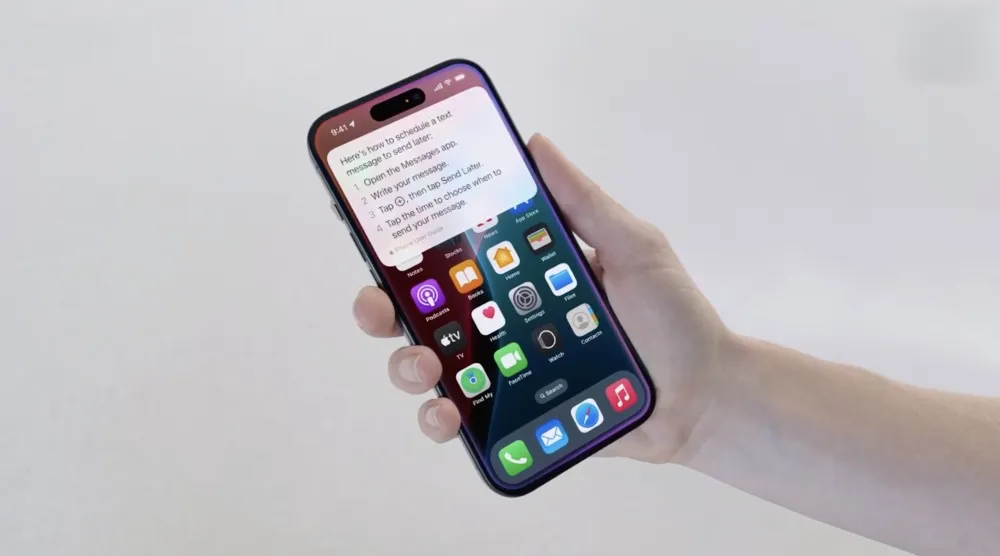
In summary, the old Siri was like a coin-operated jukebox that only played preset tracks: setting alarms, checking the weather, opening apps. It would answer your questions and then forget them immediately. The new Siri, however, has a brain capable of thinking. It understands that "importing meeting times from emails to the calendar and setting a reminder ten minutes in advance" requires connecting three actions; it remembers that you asked about the weather in Tokyo in the previous sentence, so the next sentence "should I bring an umbrella?" naturally follows; it even knows that you are accustomed to calling a car before leaving work, so saying "go home" automatically brings up your commute route.
03
A Trillion-Dollar Gamble: The High-Stakes Game Behind Siri
As Federighi said, Siri's original architecture is old and rigid, unable to meet the demands of modern large language models designed for complex commands.
We eagerly anticipate this transformation, hoping that the new Siri reshaped by Apple will swiftly meet everyone's expectations. During this process, we can also perceive that once Siri successfully integrates with large language models, and once new hardware such as smart home displays and desktop robots have sufficient capabilities to seamlessly control a vast number of apps, this intelligent evolution will drive a qualitative change in human-machine relationships - gradually shifting from the current touch-based interaction mode to a more natural, seamless voice-first experience, which may ultimately revolutionize the way we interact with electronic devices.
Of course, by then, Google's annual billions of dollars in default search engine fees paid to Apple will also face the risk of collapse, and the entire internet traffic distribution model may be completely rewritten.
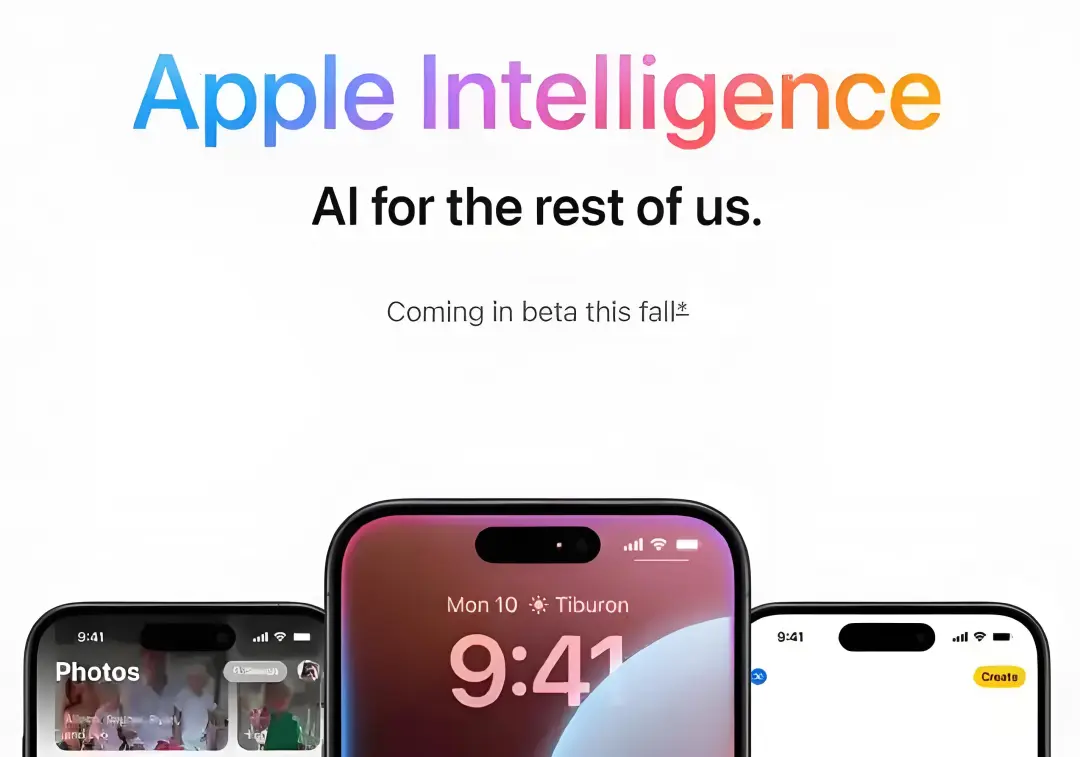
Currently, while the industry focuses on chatbots' abilities in poetry and painting, Apple's strategic focus remains unchanged: reconstructing the operating system through AI-driven "actions." Its core competitiveness does not lie in whether Siri is funny but in its ability to provide the most reliable and in-depth service integration capabilities among a vast number of apps.
If this battle is successful, the new Siri based on App Intents will build the strongest moat in Apple's history - not just a technological upgrade but a redefinition of ecological control.







